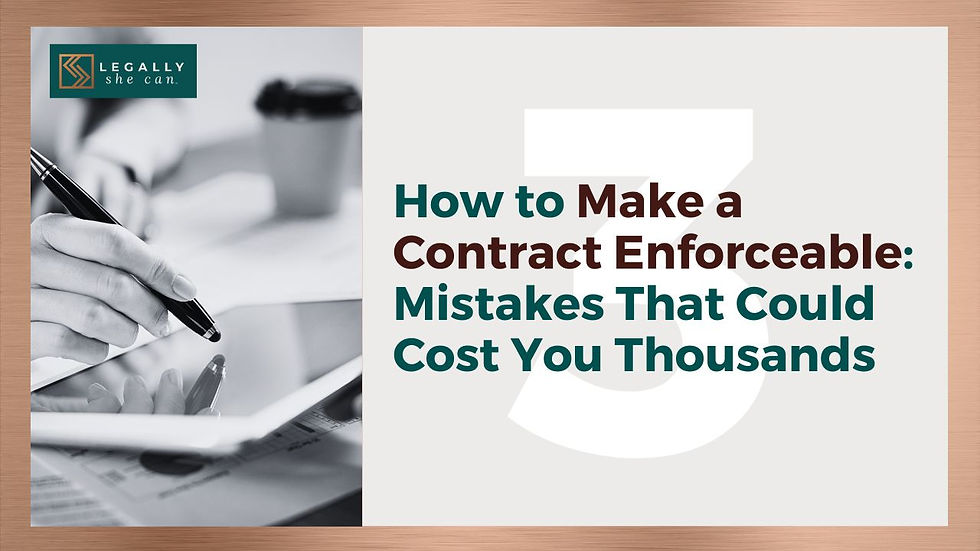How to Register a Business in the Netherlands for Coaches, Consultants and Digital Course Creators
- Vena Verga-Danemar
- Dec 8, 2024
- 3 min read
Updated: Feb 25
The Netherlands is known for its business-friendly environment, advanced digital infrastructure, and central position in Europe, making it an ideal location for coaches, consultants, and course creators. Whether you're starting as a sole proprietor (Eenmanszaak) or forming a limited liability company (Besloten vennootschap, BV), this guide will walk you through how to register a business in the Netherlands step-by-step.
Ease of Doing Business in the Netherlands for Coaches, Consultants, and Course Creators
The Netherlands provides a highly supportive ecosystem for service-based entrepreneurs, with straightforward registration processes and strong support for innovation. Its tech-savvy population and high English proficiency make it easy to cater to both local and international clients. However, navigating Dutch tax regulations and legal requirements can be complex, particularly for non-residents. With proper planning and professional guidance, the Netherlands offers excellent opportunities for growth and global reach.
How to Register a Business in the Netherlands as a Sole Proprietorship
A sole proprietorship (Eenmanszaak) is the simplest and most cost-effective structure for individual entrepreneurs. Here’s how to register a business in the Netherlands as a sole proprietor:
Step 1: Register with the Chamber of Commerce (KvK)
Visit the KvK website to register your business online.
Complete the online registration form, providing personal and business details.
💡 Pro Tip: Register your business no later than one week before or after starting operations.
Step 2: Provide Personal Identification
As the owner, you’ll need to submit your identification details, including your name, address, nationality, and other relevant information.
Step 3: Obtain a VAT Identification Number (BTW-nummer)
If your business exceeds the VAT threshold, you’ll automatically receive a VAT identification number upon registration.
Step 4: Tax Number (BSN) for Non-Dutch Residents
Non-residents must obtain a Citizen Service Number (Burgerservicenummer, BSN) from the municipality where the business operates.
Step 5: Open a Business Bank Account
Open a separate business bank account to streamline your finances and maintain compliance.
Step 6: Register for Income Tax
Register with the Dutch Tax and Customs Administration (Belastingdienst) to ensure compliance with income tax regulations.
Step 7: Register for the Small Businesses Scheme (KOR) if Applicable
If your VAT liability is below the designated threshold, you might qualify for the Small Businesses Scheme (Kleineondernemersregeling, KOR), which reduces or eliminates VAT obligations.
How to Register a Limited Liability Company
A limited liability company (Besloten vennootschap, BV) offers liability protection and is suitable for entrepreneurs looking to scale. Here’s how to register a business in the Netherlands as a BV:
Step 1: Choose a Company Name
Select a unique name for your BV and verify its availability with the Dutch Chamber of Commerce (KvK).
Step 2: Draft the Articles of Association (Statuten)
Prepare the Articles of Association, outlining your company’s purpose, structure, and shareholders’ rights. Legal professionals can help ensure compliance with Dutch company law.
Step 3: Deposit Initial Capital
Deposit a minimum share capital of €0.01 into a business bank account. While the legal requirement is minimal, a higher amount is recommended for practical operations.
Step 4: Notarize Incorporation Documents
Have the Articles of Association and other key documents notarized by a Dutch notary.
Step 5: Obtain a KvK Number
Register your BV with the Dutch Chamber of Commerce (KvK) to receive your KvK number.
Step 6: Register for a Tax Identification Number
Register with the Dutch Tax and Customs Administration (Belastingdienst) to obtain:
A Rechtspersonen en Samenwerkingsverbanden Informatie Nummer (RSIN) for legal entities.
A Belasting Toegevoegde Waarde (BTW) number for VAT purposes.
Step 7: Register for Corporate Income Tax
Ensure your BV is registered for corporate income tax with the Belastingdienst.
Step 8: Open a Business Bank Account
Set up a dedicated bank account to manage your BV’s finances.
FREE RESOURCES TO HELP YOU SUCCEED
Step 1: Start with the Free Business Checklist
Get your step-by-step guide to building a strong foundation for your coaching or consulting business.
Step 2: Watch the Free Training
Learn the five blind spots that can sabotage your success -- How to fix them, legally protect your business and gain peace of mind.
About the Author
Hi! I’m Vena Verga-Danemar, an Onlinepreneur Legal Strategist. As both a lawyer and an online business owner, I’ve helped dozens of coaches, consultants, and course creators legally start and grow their businesses using strategies that don’t require working 24/7.













Comments